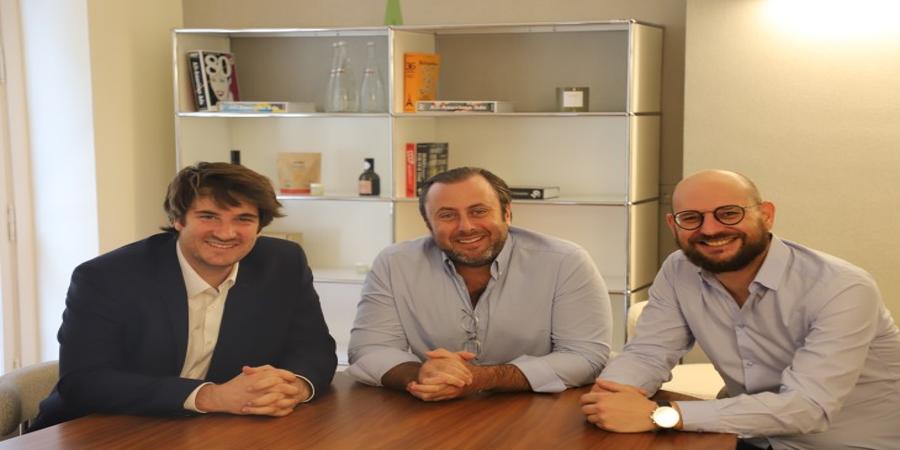Here’s an interesting move. Founders Future, a well-known VC firm in the French tech ecosystem, acquired an equity crowdfunding marketplace called Sowefund. While terms of the deal remain undisclosed, Sowefund has been profitable since 2022 with around 20 employees.
Following this move, Founders Future now has two separate yet complementary businesses. With its VC funds, which I’ve recently covered, Founders Future raises money from limited partners, which include professional investors and family offices, and then invests in promising startups. In other words, it’s VC as usual.
With its crowdfunding platform, it matches retail investors with startups that want to raise money from their community of users or from personal finance experts who want to diversify their savings with risky but potentially rewarding investments. Going forward, Founders Future and Sowefund will still operate completely separately — there won’t be any synergy between these two activities.
So why would a VC firm go downstream and acquire a crowdfunding platform?
“We noticed two major trends. The first trend, which you have certainly noticed, is that you have a new generation of investors who want to get more hands on — with both public and private companies. They want transparency and they want to invest in the real economy,” Founders Future founder and CEO Marc Menasé told me.
“The second observation we’ve made is that, our job with the fund is very professional and very disciplined in its day-to-day approach. And we can bring these methods to a company involved in crowdfunding financing. And it’s true that this hasn’t been done much,” Menasé added.
And Founders Future has already seen how crowdfunding companies work with some of the firm’s portfolio companies — for instance, Taster and 900.care raised some money on Crowdcube, the British investment platform that expanded to France in 2022.
Sowefund’s two co-founders Benjamin Wattinne and Georges Viglietti will remain at the helm of the crowdfunding platform going forward. But Founders Future has a multi-million investment plan to grow Sowefund’s team in the coming year or two.
“What we want to do is bring our know-how to ensure that Sowefund becomes more professional and truly the go-to platform for co-investment with professionals. That’s really what we want to achieve,” Menasé said.
Since 2014, Sowefund has handled 103 crowdfunding campaigns. Overall, companies have raised €81 million from more than 110,000 retail investors (that’s $86 million at today’s exchange rate) — no word on the performance of these investments. Recent campaigns include Ekwateur, Agriloops, Lunii, Axioma, Extracadabra and Futura Gaïa.
More recently, Sowefund received an agreement to be certified as a European crowdfunding service provider. It means it can operate in other European countries in the future.
But the Sowefund team (and Founders Future) want to go one step further depending on regulatory changes. Eventually, Sowefund would like to offer the opportunity to invest in funds, such as VC funds, impact funds, etc. But that’s not yet possible.
Founders Future’s move is also interesting because of the timing. VC investments have slowed down over the past couple of years around the world. As many VC firms are still passing on deals that would have made sense a few years ago, it’s time for startup CEOs to find creative ways to extend their runways.
“The potential investment pool among individuals is enormous. So you have people who want to invest in companies they know and use — or they have a positive sentiment for these companies. And there are a huge number of them,” Menasé said. “So I think what’s great about equity crowdfunding is that it’s an alternative or a complement in a context where financing is difficult for companies.”
Source @TechCrunch



